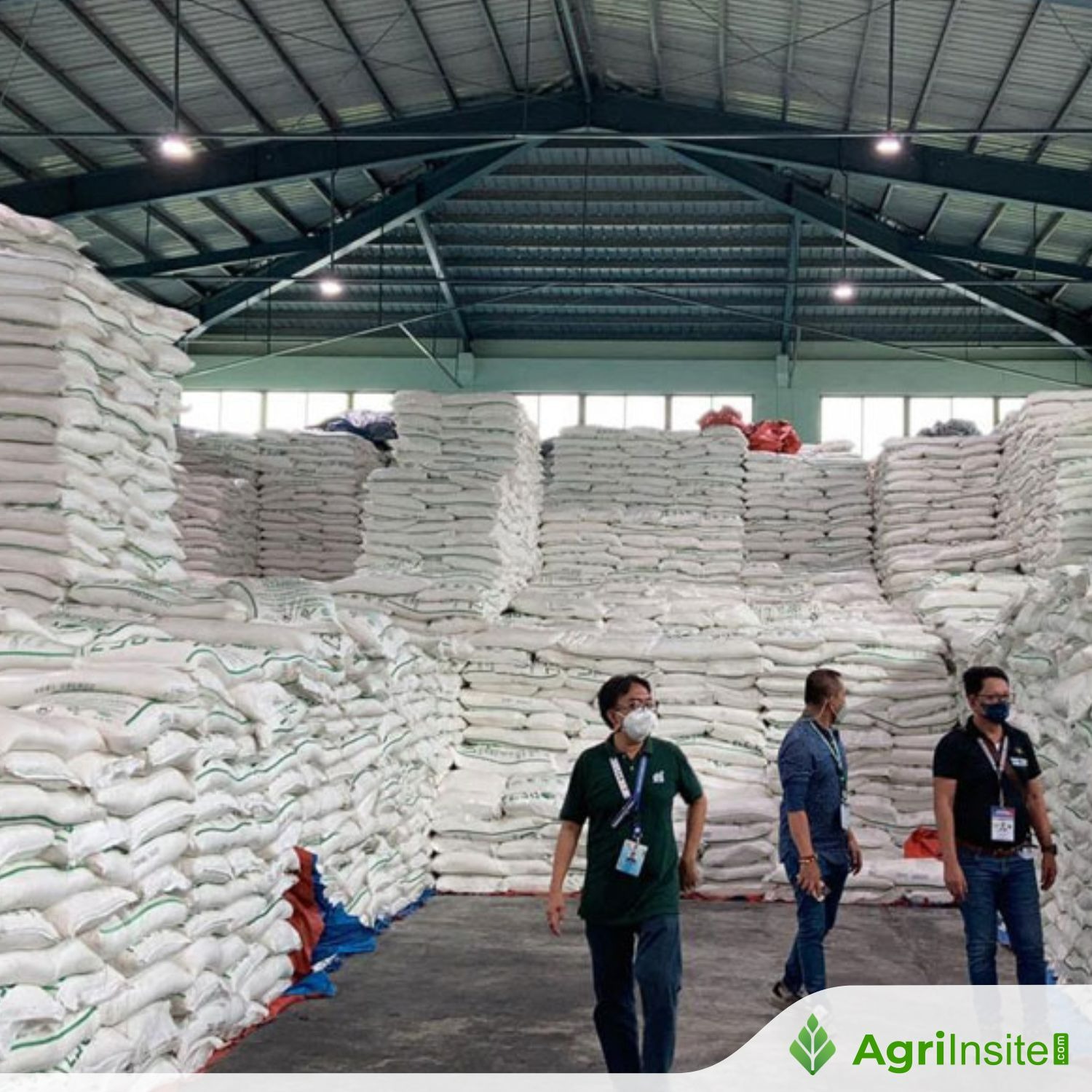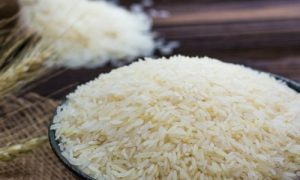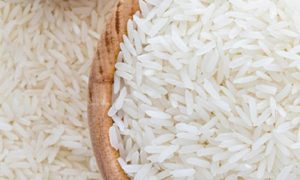Philippines : NFA urged to release buffer stocks to prevent rice price hike

The LPCC has urged NFA-Zamboanga Peninsula to release buffer rice stocks to stabilize prices during the 60-day rice import ban (Sept 1–Oct 30, 2025) imposed under EO 93. While rice prices remain mostly stable, initial increases of P40–50 per sack were noted. Continuous monitoring and SRP review requested.
THE Local Price Coordinating Council (LPCC), through a resolution, has asked the National Food Authority (NFA)-Zamboanga Peninsula to start disposing its buffer stocks of rice to prevent price hike as the 60-day suspension of rice imports took effect September 1, 2025.
The resolution, initiated by Chief of Staff and Secretary to the Mayor Celso Lobregat, was approved during the LPCC meeting on Monday, September 8.
The resolution stated that the NFA’s release of its buffer stocks is aimed to stabilize prices and make rice more accessible during the import ban which runs until October 30.
Malaca ang issued Executive Order 93, imposing a 60-day ban on the importation of regular and well-milled rice, effective September 1, 2025, to October 30, 2025, to protect local farmers during the peak harvest season, absorb local supply, and stabilize market prices.
During its meeting, Mayor Khymer Olaso, LPCC chairperson, and the council members expressed concerns that the rice import ban imposed by Malaca ang will result to spike in rice prices in the market.
However, based on initial reports from the Department of Agriculture and the City Agriculturist Office, rice prices remain stable though a P40-50 increase per sack was noticed initially.
Continuous monitoring of rice prices is being undertaken to prevent massive spikes.
Meanwhile, the LPCC passed another resolution requesting the Department of Trade and Industry (DTI) to update and give realistic prices for commodities under the suggested retail prices (SRP) given various factors.
The second resolution is based on observations from the Industrial Group of Zamboanga Incorporated (IGZI) that the SRP set by DTI in its price monitoring activities is unrealistic and is not reflective of the increased material costs.
To Read more about Rice News continue reading Agriinsite.com
Source : Sunstar
















